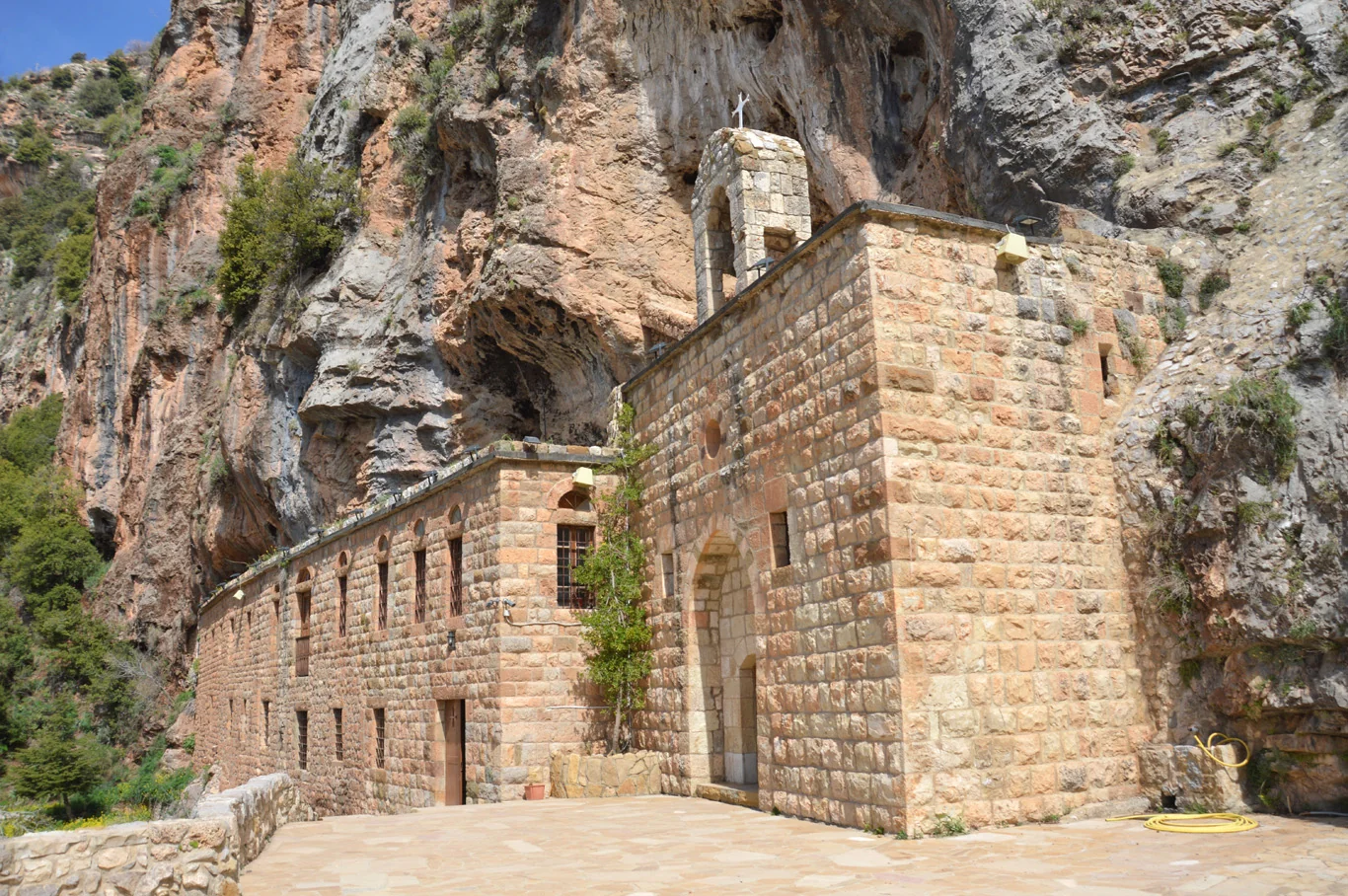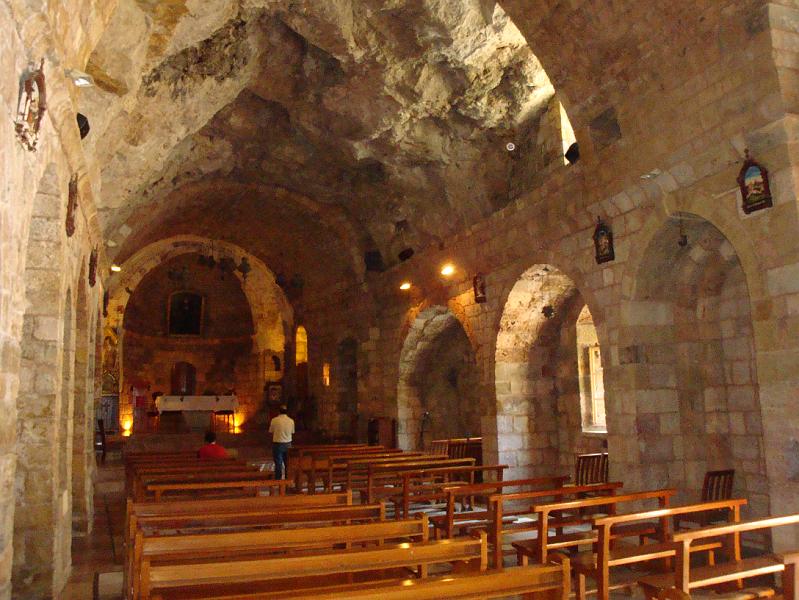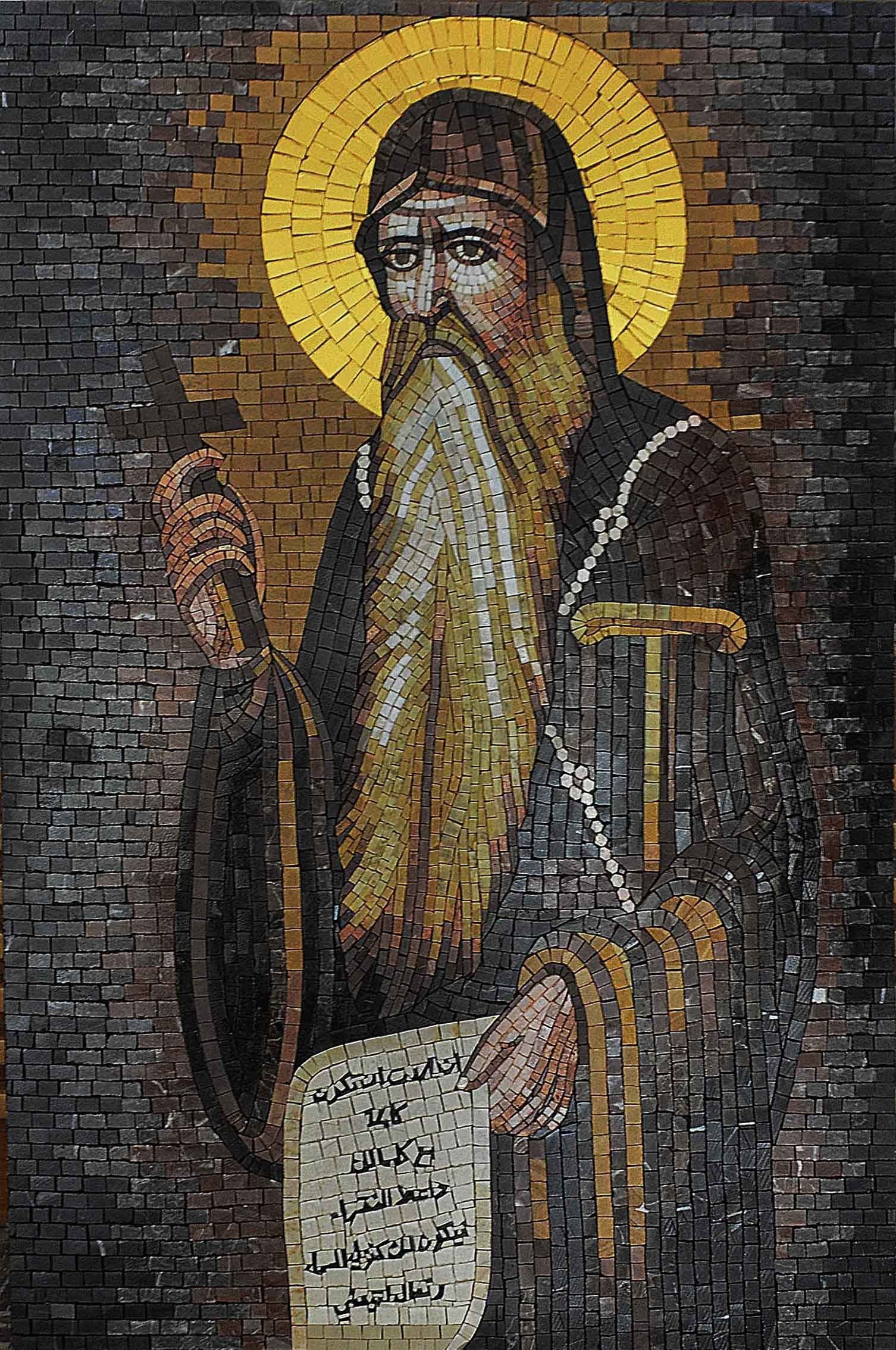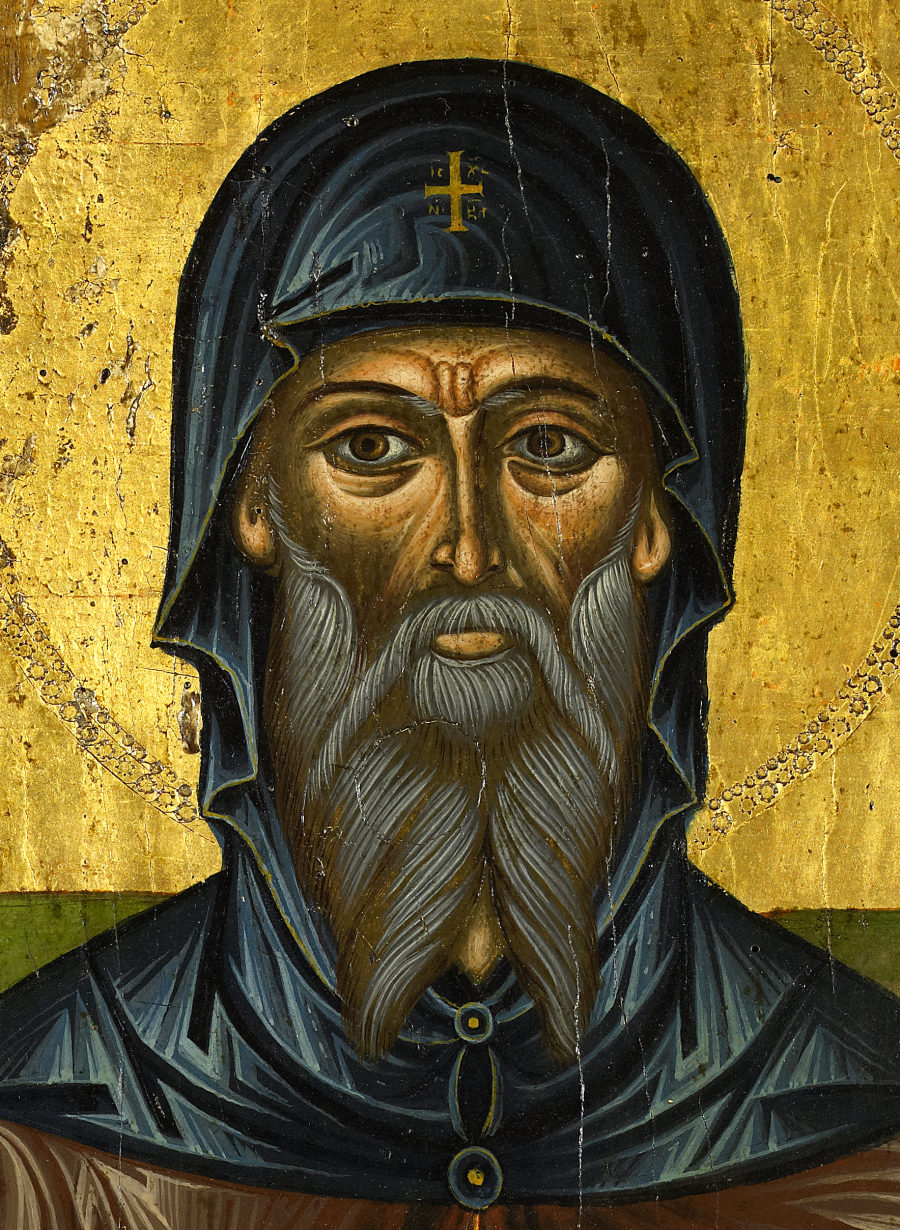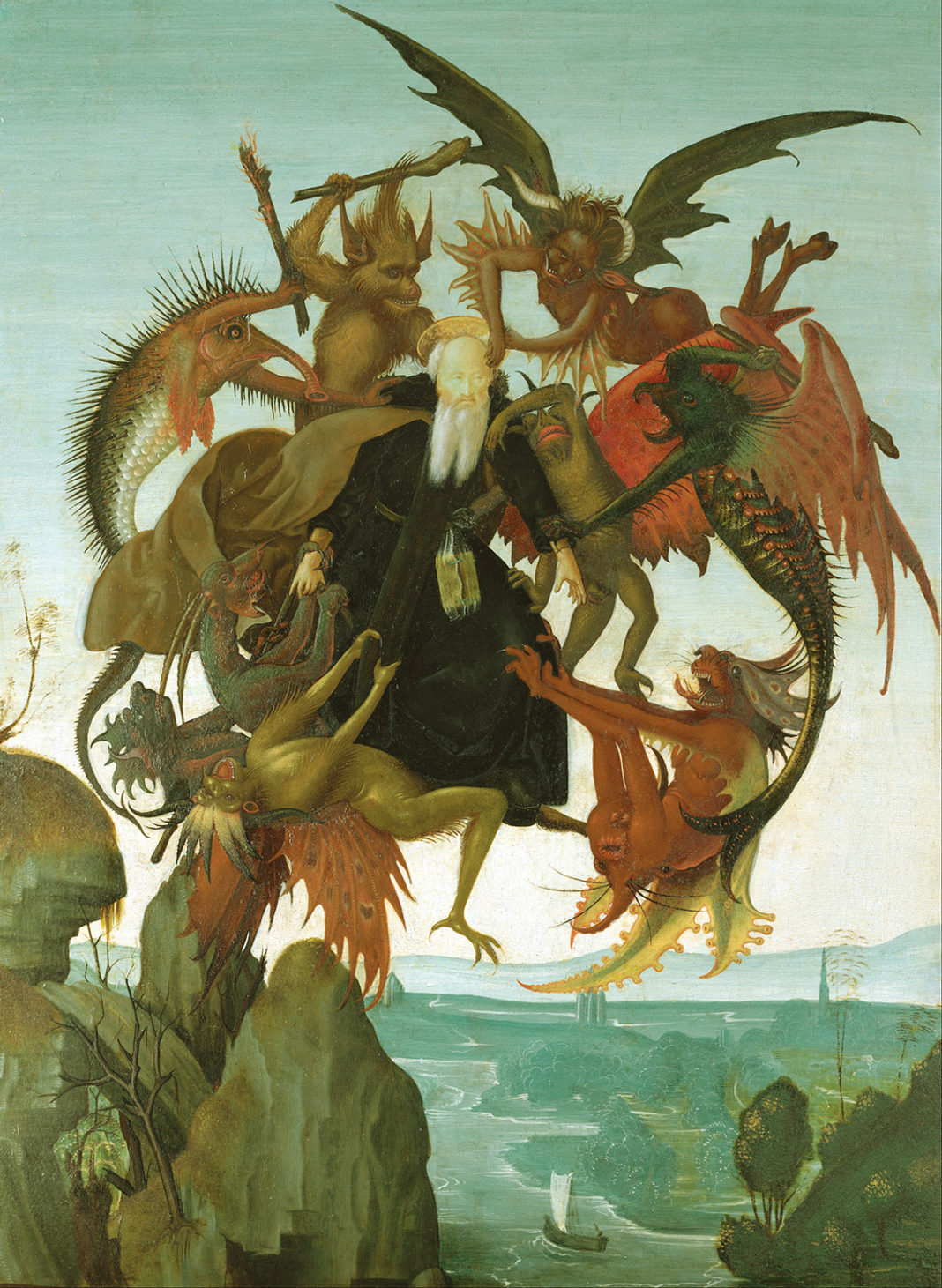Anthony is considered the founder and father of organized Christian monasticism. His rule, which is a book of observances, represented one of the 1st attempts to codify guidelines for monastic living.
He was born in 251 to wealthy parents who owned land in the present day Faiyum region near Cairo. Although the Roman Empire was officially pagan, the Catholic Church was rapidly spreading throughout as Christ had deemed.
At the age of 19, he lost both of his parents, which prompted him to reevaluate his entire life in the light of the principles of the Gospel. While at mass, he heard the reading of Jesus exhortation to another rich young man, “If you wish to be perfect, go, sell your possession, and give the money to the poor, and you will have treasure in heaven; then come, follow me.” He felt Jesus was talking to him directly and gave away all of his inheritance and property, leaving only enough to care for his sister.
It was not unknown for Christians to abstain from marriage, divest themselves of possessions, and live a life focused on prayer and fasting. Anthony’s sister eventually joined a group of consecrated virgins. Anthony sought a more comprehensive vision and found it among the hermits of the Egyptian desert, who devoted themselves more fully to God. They had not yet become an organized movement.
He lived secluded and was dependent on a few patrons for sustenance which lasted about 15 years. Like many saints before him, he became engaged in long spiritual combat with the devil and demons who sought to deter him. On occasion, he was found in serious condition and taken back to a local church to recover.
He attracted a group of inquirers who sought to follow his example. A growing community of hermits had established around his vicinity and at the age of 54, he decided to become their spiritual director as “Abbot”. This marked the beginning of monasticism as it is known. Christian persecution ended after the Edict of Milan in 313, and he moved all of them to a mountain in the Eastern Desert where the monastery Dayr Mari Antonios still stands.
He lived a long life, providing spiritual and practical advice to disciples who would ensure the movement’s continued existence. Even the Emperor Constantine is recorded as having written to Anthony, seeking advice on the administration of an empire that was now officially Christian.
Anthony wrote back, advising Constantine, “not to think much of the present, but rather to remember the judgement that is coming, and to know that Christ alone is the true and Eternal King.”
His time of death is unknown but assumed to be between 350 and 356. In keeping with his instructions, 2 of his disciples buried his body secretly in an unmarked grave.
He is the patron saint of butchers, gravediggers, skin diseases.
His feast day is January 17.
For God’s Glory.
Del Mar Antonios –
